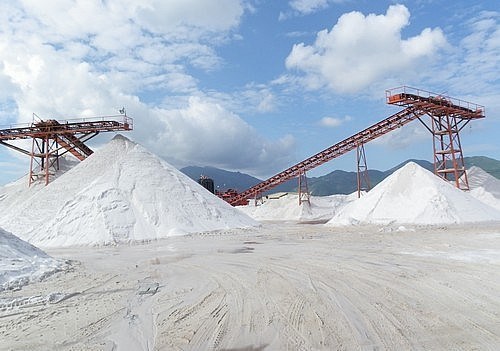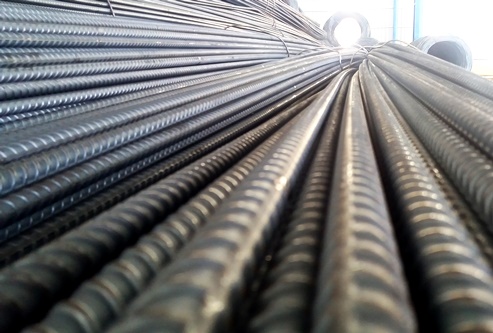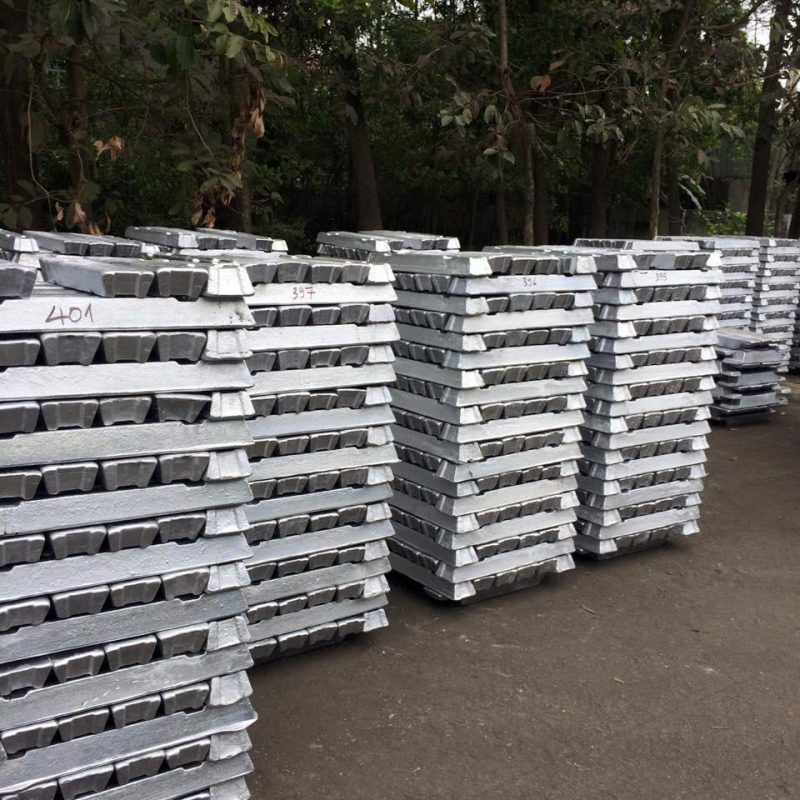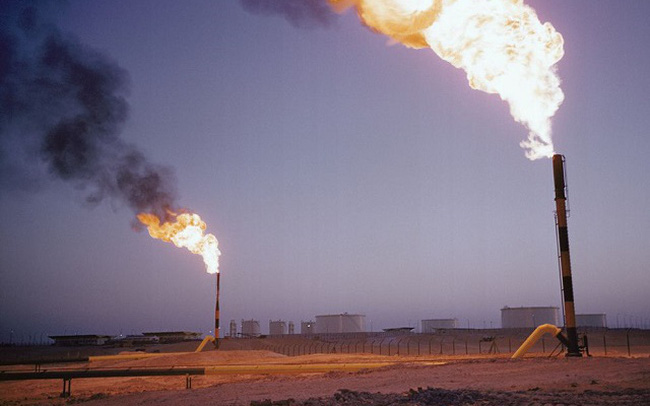As of September 29, 16 of India’s 135 coal power plants had no coal reserves, according to the Central Electricity Authority. More than half of factories have stock for less than 3 days, while more than 80% have stock for up to a week.
What is India’s coal inventory?
As of September 29, 16 of India’s 135 coal power plants had no coal reserves, according to the Central Electricity Authority. More than half of factories have stock for less than 3 days, while more than 80% have stock for up to a week.
Coal is the energy source that generates more than 70% of India’s electricity, and power companies account for about 75% of the country’s total coal consumption.
What causes India to lack coal?
The demand for electricity in India’s industrial sector increased sharply after the country experienced a second wave of Covid-19 infections. In addition, the widening gap between the domestic coal price (low) and the world coal price (record high) is also widening, causing buyers in India to avoid imports.
Coal India, which produces more than 80% of India’s coal, said on September 29 that rising global coal prices and freight rates have forced power plants using imported coal to reduce output, while the Power companies using domestic coal are under greater pressure to increase output.
Why is the price gap between India and the world coal getting bigger and bigger?
Coal prices in India are largely determined by Coal India. Rising coal prices often affect electricity prices and inflation, so raising the price of this material is a politically sensitive decision.
Coal India has kept coal prices stable throughout last year despite a sharp increase in international prices. Although the chairman of the group has said it will raise prices, it is not clear when that will happen.
Meanwhile, Asia’s benchmark coal prices have continuously set records in recent times as global power demand surges as economies reopen post-Covid-19 pandemic. The electricity crisis in China is the latest event that makes coal demand even higher.
Why can’t power companies pass the increased cost into the selling price?
Electricity prices in India are set by each state. However, according to globalpetrolprices.com, India is one of the countries with the lowest electricity prices in the world, because state-owned power distribution enterprises accept to bear the increased input costs to keep prices stable. . So many of these businesses are heavily indebted, with total debt running into the billions of dollars.
With balance sheets “tight as strings”, these businesses are constantly making slow payments to power producers, affecting cash flow, and the power generation sector is also not allocated more capital for investment. .
Power producers that are tied up in long-term agreements with distribution companies are often unable to pass on cost increases to selling prices unless this is specified in their contracts.
How does the crisis in India affect the global coal market?
India is the second largest coal importer, consumer and producer in the world and has the fourth largest coal reserves in the world. The country mainly imports coal from Indonesia, Australia and South Africa.
CRISIL, a division of ratings agency S&P, said it expected Australian and Indonesian thermal coal prices to rise for the remainder of the current financial year, due to limited supply and demand from China and other countries increased.
During August and September, a time when global prices jumped more than 40% to all-time highs, India’s average weekly coal imports fell more than 30% from the average for the first seven months of this year to less than zero. up to 3 million tons, according to data collected by Kplr.
Total import volume in the latest week was also less than 1.5 million tons, the lowest in at least two years. The websites of state-owned power companies that use imported coal also have no new import bids this month.
Winners and losers in India’s coal shortage crisis
Shares of power producers in India such as NTPC, Tata Power, Torrent Power and Coal India have all risen sharply in recent weeks due to high demand for electricity.
Many companies buy coal at domestic spot auctions and then resell it at a huge difference.
Meanwhile, many coal consumers outside the power sector and power plants using imported coal have to limit production due to high foreign coal prices.
Indian officials said the country may not experience a large-scale blackout like in China, but it could happen in certain areas.
T&G . International Joint Stock Company
Address: 352 Hue Street, Le Dai Hanh Ward, Hai Ba Trung District, Hanoi
Hotline: 0345786803
Email: hrm@tginterjsc.com
Website: http://tginternationaljsc.com




















